I am attempting to get some sample JSON data to show up in Azure Time Series Insights (TSI) using Python so I can visualize the data within their exploratory browser.
I have gone through the necessary prerequisites with regards to Azure EventHubs and Time Series Insights setup. These include:
- Create a resource group in the Azure portal
- Create an event hub namespace within the resource group
- Create an event hub entity within that event hub namespace
- Create a consumer group within the event hub entity
- I set up an Azure TSI environment within the resource group.
- And finally I added an Event Source to the Azure TSI environment using the different created sources as the details (resource group, event hub namespace, event hub name, etc.)
Beyond that I tested successfully sending event messages to my event hub (but not into the TSI environment) using python by following this documentation: https://learn.microsoft.com/en-us/azure/event-hubs/get-started-python-send-v2 and using this code (albeit con_str filled in and eventhub_name filled in:
import asyncio
from azure.eventhub.aio import EventHubProducerClient
from azure.eventhub import EventData
async def run():
# Create a producer client to send messages to the event hub.
# Specify a connection string to your event hubs namespace and
# the event hub name.
producer = EventHubProducerClient.from_connection_string(conn_str="EVENT HUBS NAMESPACE - CONNECTION STRING", eventhub_name="EVENT HUB NAME")
async with producer:
# Create a batch.
event_data_batch = await producer.create_batch()
# Add events to the batch.
event_data_batch.add(EventData('First event '))
event_data_batch.add(EventData('Second event'))
event_data_batch.add(EventData('Third event'))
# Send the batch of events to the event hub.
await producer.send_batch(event_data_batch)
loop = asyncio.get_event_loop()
loop.run_until_complete(run())
I also tested successfully sending into my TSI environment Microsoft's Windmill Simulator data by following this documentation: https://learn.microsoft.com/en-us/azure/time-series-insights/time-series-insights-send-events
I am now at a loss on how to actually get sample JSON data into the Azure TSI environment using Python.
Any help would be appreciated. Thank you!
